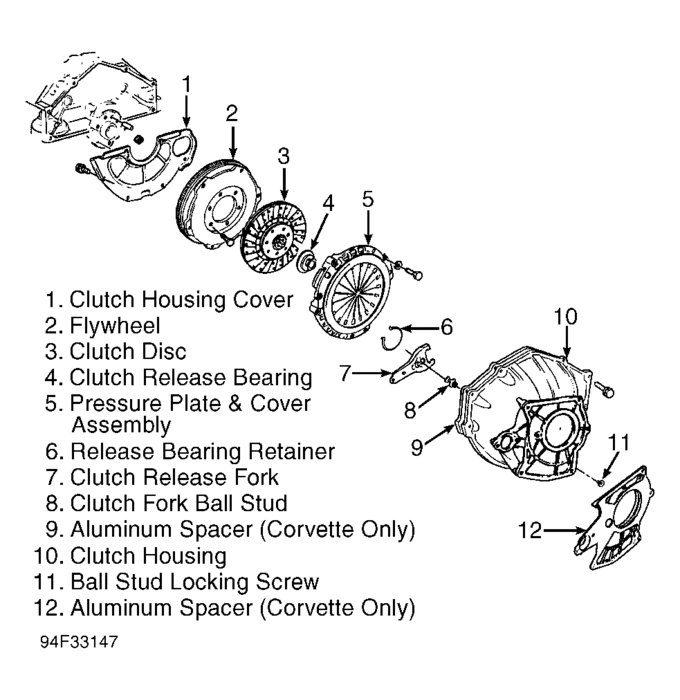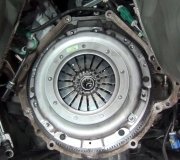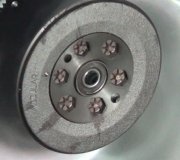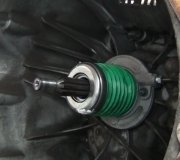About two weeks ago I was having trouble shifting between gears. Really had to push or pull hard. Checked the trans fluid level at the reservoir on the fire wall and it was way low. Way, way low. Filled it and bought a new diaphragm since the old diaphragm was fully extended and I couldn't "squish" it back to flat. Filling the fluid fixed the problem and everything was fine.
About two weeks later I'm now getting a grinding noise when the clutch is depressed fully to the floor. Doesn't do it at 1/2 or 3/4 pressed. I can shift gears just fine at the 1/2 or 3/4 mark but need the clutch just about fully depressed to start it. That's when I hear the grinding. I'd appreciate any feedback you can give me. Thanks!
Frank
SPONSORED LINKS
Tuesday, May 29th, 2012 AT 6:42 PM




